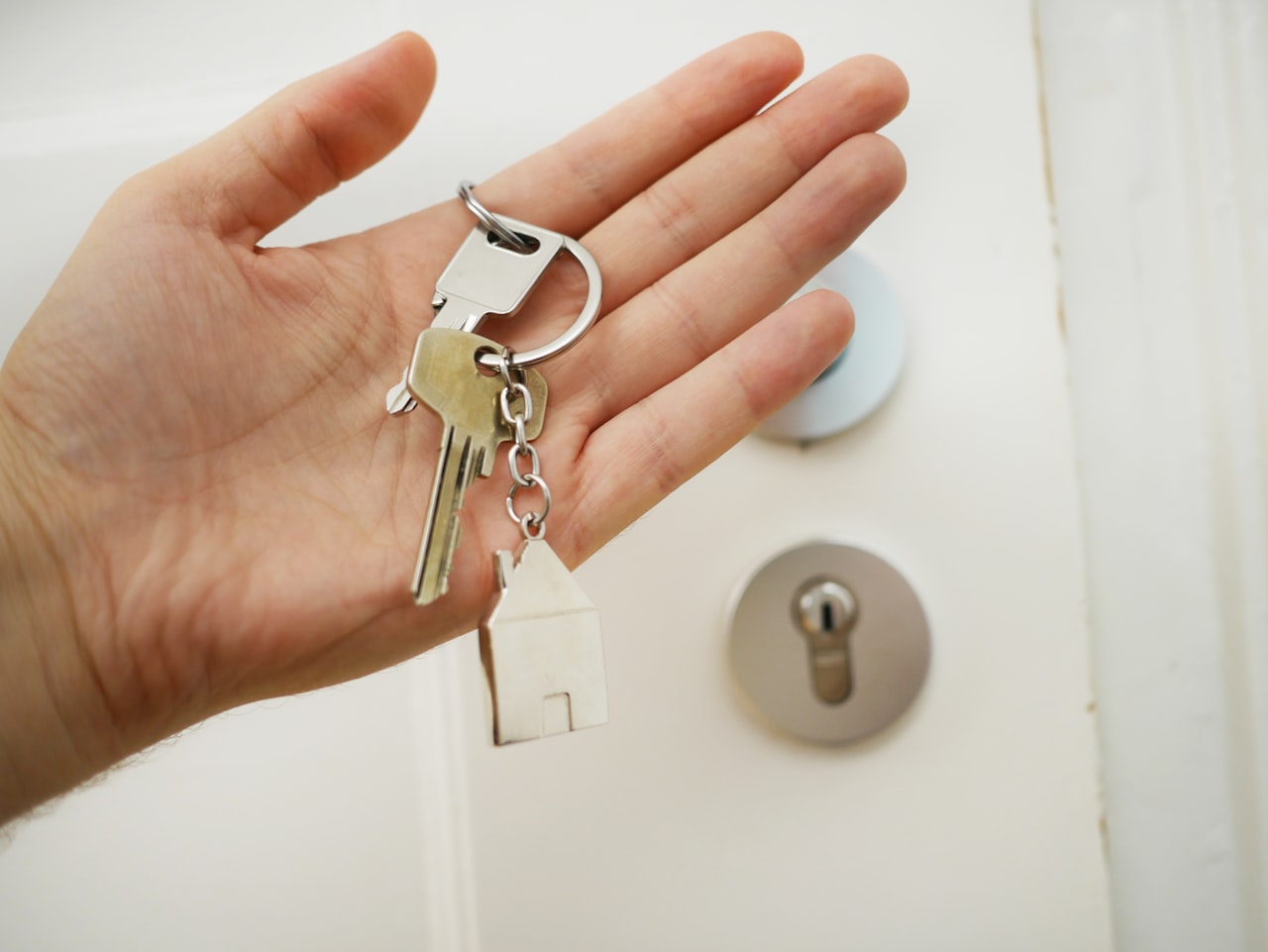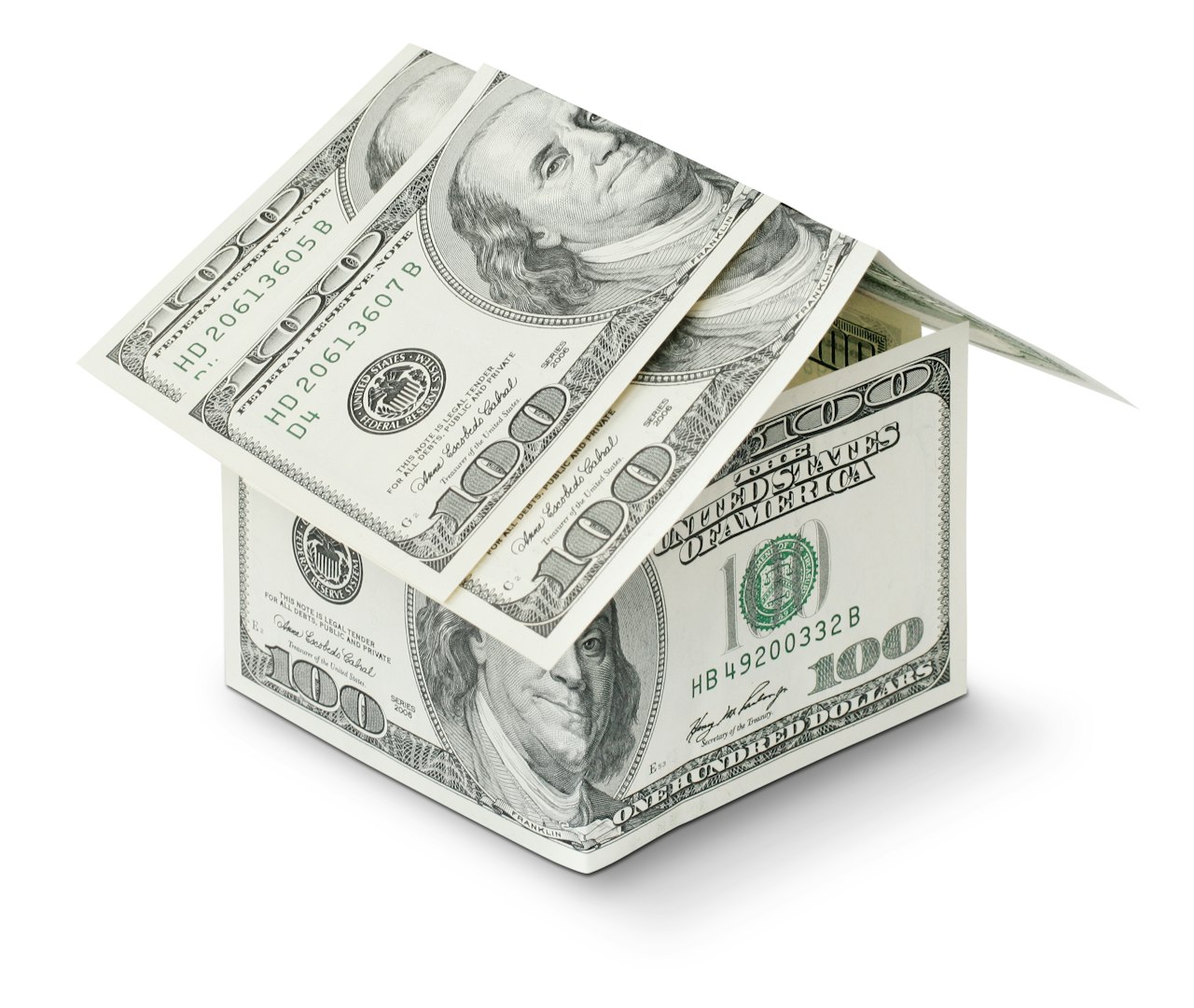Most people dream about living in a large, fancy home. But the larger and more luxurious a home is, the more it costs to maintain it. Homes generally require extensive and continuous maintenance in some way or another, and for most new up-market homeowners, this can come as a surprise. So before you sign a purchase on the dream home you’re considering, let’s look at nine hidden costs you can expect to be confronted with post-purchase.
Amenity Costs
Many luxury homes come with luxury amenities. This could include a swimming pool, a sauna, a jacuzzi, or even a tennis court. Homes with luxury facilities like these are not stock standard in many mid-range homes and are perhaps not included in the house you own right now. Get ready for higher water bills, repair costs, and general maintenance if your home has certain amenities that prompted you to purchase it in the first place.
Insurance
It’s important that you have homeowners insurance every time you purchase a new home. For a larger home, this insurance is bound to be higher than you are accustomed to. Remember to budget in a monthly home insurance payment to your up-market home ownership costs. While this is often factored into your bank payments, not every banker will divulge this in your estimate.
House Maintenance
It goes without saying that general maintenance on a larger and more up-market home is going to be higher. These costs seem to accumulate fast for those who don’t monitor maintenance costs on a monthly basis, so keep an eye on yours and be sure to put away a certain amount every month for emergency repairs and maintenance costs.
Garden Maintenance
Luxury homes often come with larger gardens. To keep a large garden looking good you’ll have to be prepared to spend more on water as well as certain gardening tools. In some cases, you may even require a gardener once or twice a week to maintain your lawn and flowerbeds. If your home possesses water features, these also need regular cleaning, maintenance, and occasional repairs.
Security Considerations
Up-market homes are, unfortunately, higher targets for crime. Homeowners know that they have to invest in security measures to further protect their home and their families. CCTV, electric fences, security gates, and a house safe are all extra costs you may be forced to consider sooner or later. Don’t forget that simply purchasing these security measures won’t be the end of your expenses since most of them also require regular maintenance and occasional repairs.
Property Taxes
Remember that your annual property taxes will be higher if you move to a larger home. This should be factored into your budget so that you aren’t shocked at the end of your tax year with a bill that seems so much higher than you’re used to. Speak to your bank and your real estate agent about what you can expect each year. Budget for this amount so that you can maintain a reasonable lifestyle without having to suffer a pinch down the line.
Electricity and Water Costs
Up-market homes are not only larger; they also have additional power requirements for heating, lights, and room appliances. These costs are further exacerbated if you have amenities like the ones discussed above. You can safely expect to pay a larger percentage on your utility bill each month when living in an up-market home, so if this is something you haven’t considered, it’s time to rework your budget.
Interest Rate Increases
If you’ve taken out a mortgage on your new up-market home, you’ll need to consider the interest rate on your monthly loan payments. Most people do this by default but fail to factor in possible interest rate hikes down the line. An up-market property will have a significant difference in interest rate payments even if the hike is small because the increase is percentage based on an already-high payment structure.
Staff Costs and Property Management
Running a larger home takes effort, and it’s likely that you’ll either run out of time doing it yourself or feel overwhelmed at some point due to all the work. Most up-market homeowners hire staff to manage their home cleaning, garden maintenance, and other domestic tasks. Take this into account and try to reasonably assess how much work will go into keeping your home as nice as it looked when you bought it.
Final Thoughts
Moving on to an up-market home is a great achievement and acts as a symbol that you’ve made it. But if you want to keep impressing your friends and family with your new home, remember that it will cost you extra each month. Factor in these costs with good saving habits,
and you’ll be prepared for anything as time goes by.




























































































